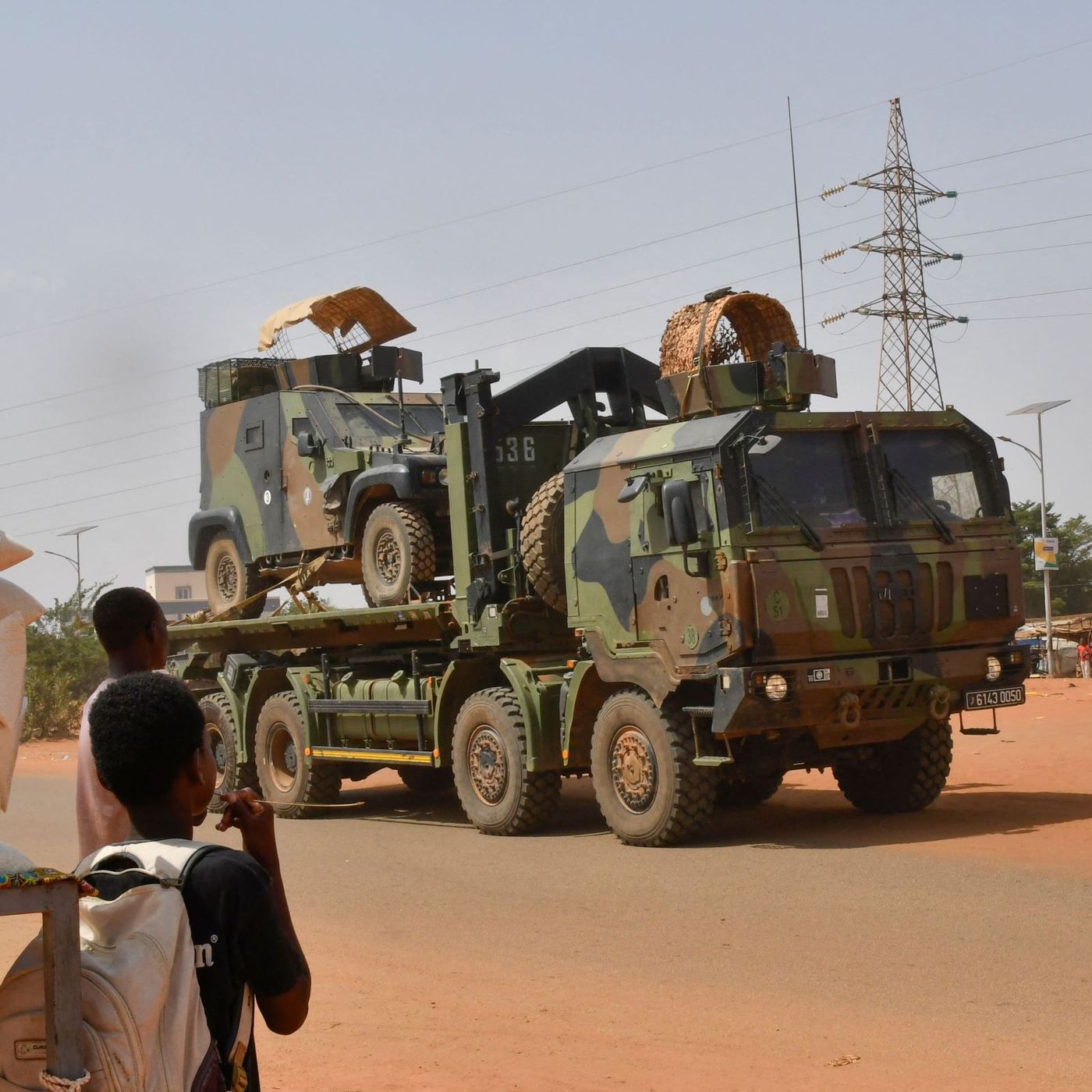Episode Details
Back to Episodes
France has withdrawn from Niger. What’s next? w/Inemessit Richardson
Published 2 years, 3 months ago
Description
As of Oct. 23, France completed its military withdrawal from Niger following months of local protests. From 2013 to 2022, France deployed over 3,000 troops to the countries of the G5 Sahel (Burkina Faso, Chad, Mali, Mauritania, and Niger) as part of a counterterrorism mission known as Operation Barkhane. After coups in Mali, Burkina Faso, and now Niger, all three countries have expelled the French presence. While coverage in western media has fixed on the coups themselves, the story on the ground is more complicated. The actions of the coup governments are backed by broad social movements and popular opposition to France’s relationship to the region, which extends far beyond Operation Barkhane. 14 countries in West and Central Africa have their currencies under the control of France in the form of the CFA Franc. 1 in 3 lightbulbs in France are powered by uranium mined from Niger, yet more than 80 percent of Nigeriens lack access to electricity. France’s influence in the region, though waning, is also backed up by the US Africa Command (AFRICOM), which has some 29 bases across the region, including the world’s largest drone base in Niger. These and other challenges are among those the new coup governments of the Sahel will have to overcome as they attempt to chart new paths forward for their countries. Inemessit Richardson of the Thomas Sankara Center for Liberation and African Unity in Ouagadougou, Burkina Faso, speaks with The Real News about the anticolonial movement reshaping the Sahel, and what challenges lie ahead for the region as a new chapter dawns. Inemessit Richardson is President of the Thomas Sankara Center for Liberation and African Unity, a political education center and community library in Burkina Faso. Additional links/info:
Post-Production: David Hebden
Help us continue producing radically independent news and in-depth analysis by following us and becoming a monthly sustainer:
Donate: https://therealnews.com/donate-pod
Sign up for our newsletter: https://therealnews.com/newsletter-pod
Like us on Facebook: https://facebook.com/therealnews
Follow us on Twitter: https://twitter.com/therealnews
- Support the Thomas Sankara Center for Liberation and African Unity on Patreon or by making a donation on Cashapp.
- Follow the Thomas Sankara Center for Liberation and African Unity on Instagram.
- GoFundMe to support the Thomas Sankara Center’s Pan-African community library.
Post-Production: David Hebden
Help us continue producing radically independent news and in-depth analysis by following us and becoming a monthly sustainer:
Donate: https://therealnews.com/donate-pod
Sign up for our newsletter: https://therealnews.com/newsletter-pod
Like us on Facebook: https://facebook.com/therealnews
Follow us on Twitter: https://twitter.com/therealnews